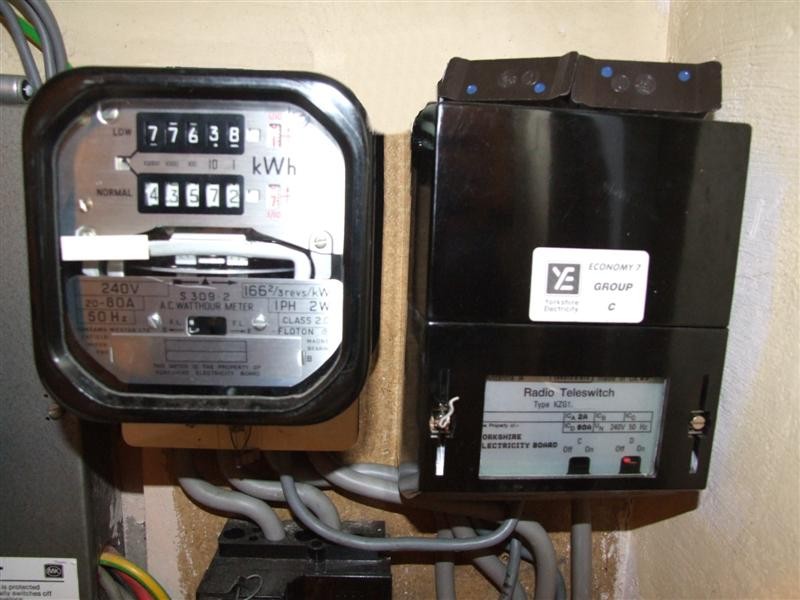
The United Kingdom faces a major transition in how hundreds of thousands of homes manage their electricity usage, as a decades-old system of radio-controlled meters approaches its final days.
Since the early 1980s, UK households have used special electrical meters equipped with radio teleswitches that receive signals from BBC Radio 4's Long Wave service. These meters helped residents take advantage of cheaper nighttime electricity rates by automatically switching to off-peak tariffs when triggered by specific broadcast signals.
However, this system, known as Radio Teleswitch Service (RTS), will cease operations on June 30, 2025. The shutdown stems from technical limitations at BBC's Droitwich Transmitting Station, which requires rare, hand-crafted vacuum tubes to maintain its powerful 198 kHz signal. With the global supply of these specialized components nearly exhausted and manufacturing new ones deemed too hazardous, the BBC has no choice but to end the service.
The change affects approximately 600,000 UK customers still using RTS meters, following the transition of 300,000 others in 2024. Energy companies are now pushing these remaining customers toward smart meters as replacements.
Yet this transition brings its own set of challenges. Over 4 million smart meters in the UK are currently experiencing functionality problems. Some customers have received incorrect bills, including artist Sir Grayson Perry, who was shocked by 15 simultaneous bills totaling 39,000 pounds.
The smart meter issues stem partly from poor planning around the retirement of 2G and 3G cellular networks, which many older smart meters relied upon for communication. This situation leaves customers caught between an ending legacy system and problematic modern technology.
The shutdown also marks the end of an ingenious system that used BBC's powerful 500-kilowatt transmitter to reach homes across the UK, including remote areas in Wales and Scotland, delivering 30 messages per minute to help residents manage their power consumption more efficiently.